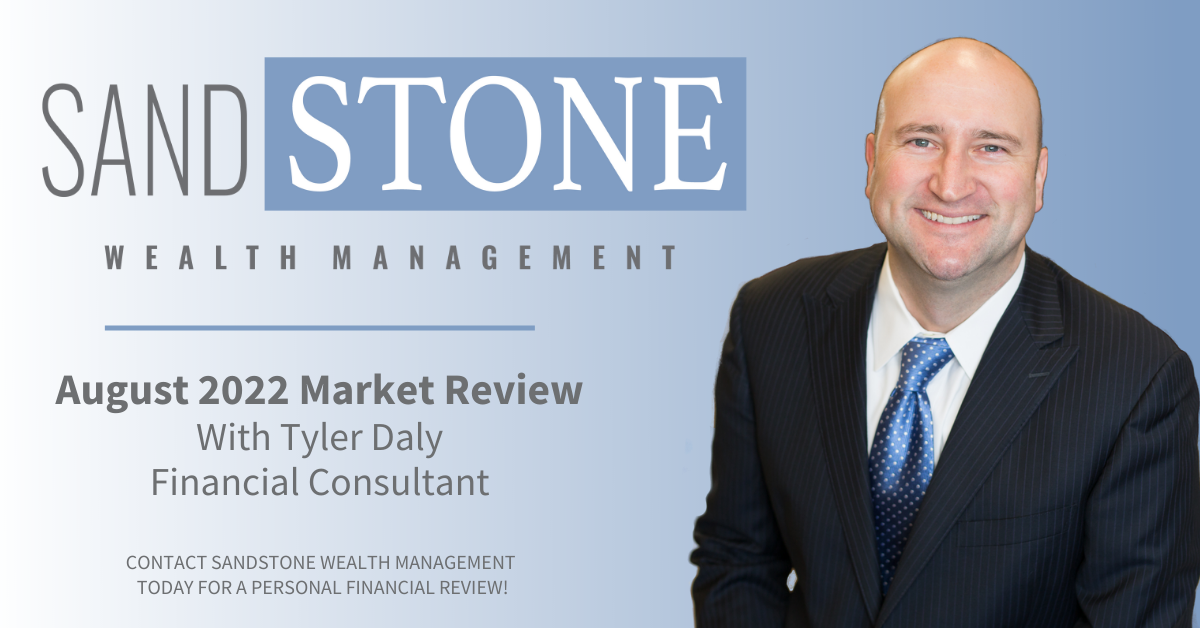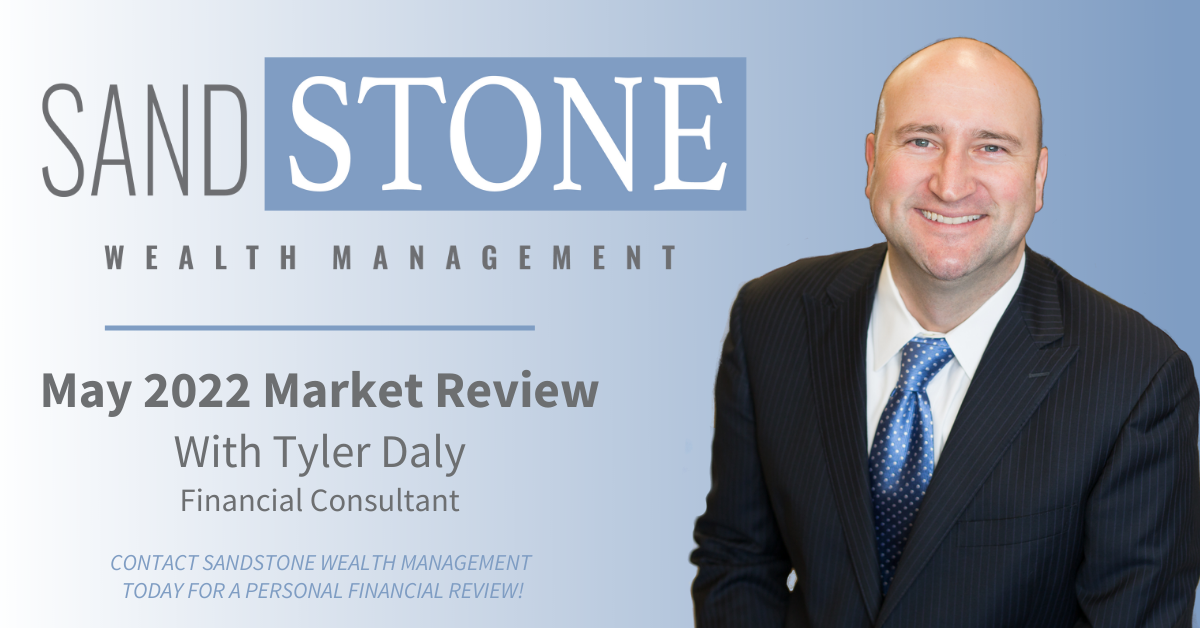
Record stock market highs retreated as January came to a close. U.S. stocks tumbled toward the end of the month, with the Dow Jones Industrial Average (DJIA) edging back from its much-touted record high above 20,000. The broad-market S&P 500 also retreated, while bond yields remain unchanged for the most part. In the end, the three major domestic stock indices ended slightly up for the first month of the year.
While there is naturally some degree of second-guessing, financial market participants remain generally optimistic as the new administration gets underway. Recent economic data releases have been less important, as investors are focused on the economy ahead. However, employment data may be the exception since the labor market plays a major role in the outlook for monetary policy.
| 12/30/16 Close | 1/31/17 Close | Change | Gain/Loss | |
|---|---|---|---|---|
| DJIA | 19,762.60 | 19,864.09 | +101.49 | +0.51% |
| NADSAQ | 5,383.12 | 5,614.87 | +231.67 | +4.30% |
| S&P 500 | 2,238.83 | 2,278.87 | +40.04 | +1.79% |
| MSCI EAFE | 1,684.00 | 1,732.38 | +4.69 | +0.35% |
| Russell 2000 | 1,357.13 | 1,361.82 | +4.69 | +0.35% |
| Bloomberg Barclays Aggregate Bond Index | 1,976.37 | 1,977.56 | +1.19 | +0.06% |
*Performance reflects price returns as of 4:15 p.m. EDT on January 31, 2017.
In the meantime, here’s a look at what’s going on in the economy and capital markets, as well as key factors we continue to monitor closely.
Economy
- Real GDP rose at a 1.9% annual rate in the initial estimate for the fourth quarter, but that understates the strength in the domestic economy.
- There is widespread agreement among economists that economic growth will be limited by labor market constraints. And most economists, including Raymond James Chief Economist Scott Brown, have lifted their GDP forecasts slightly since the election, although gross domestic product (GDP) is still expected to grow around 2% in 2017. Slower growth is considered by many to be the “new normal” as demographic shifts continue to affect labor market constraints. Shorter term, improved consumer and business sentiment could lead to a temporary rise in growth, but it’s unlikely to be sustainable.
- President Trump inherited an economy that is in good shape. However, the federal budget situation will become more troublesome in the years ahead as the baby-boom generation continues to move into retirement, boosting Social Security and Medicare spending – and that is before tax cuts and any additional spending on defense and infrastructure, notes Brown.
- A large-scale infrastructure spending package is expected to meet some resistance in Congress, and there is considerable uncertainty regarding the timing, size and characterization of tax cuts – legislative constraints may push a reduction in tax rates into 2018.
- The Federal Open Market Committee (FOMC) meets Feb. 1, which should be uneventful. The central bankers are not expected to change short-term interest rates, and there is no press conference afterward. Officials will not be submitting revised economic projections. The Fed’s policy decisions will remain data-dependent, but officials expect to continue raising rates at a gradual pace over the next few years. Brown notes that Fed governors appear to be a little more hawkish in their public comments, with Chair Janet Yellen more firmly in the camp that sees the economy near full employment. However, it’s likely they will bide their time to see what sort of fiscal policy stimulus we’ll get.
Equities
- The DJIA finally hit 20,000. While the significance is minimal for long-term investors, it did serve as a resistance level for the index for most of January, according to Andrew Adams, senior equity research associate. For weeks the DJIA was unable to touch that highly watched point, but now that it has, it continues to take on significance in the near term as an important level. Adams noted that this could be the perfect bearish setup for the short term: break above this heavily watched milestone, get investors excited again, and then quickly dip back down to catch everyone off-guard.
- Drilling down, 2016 witnessed U.S. value-oriented strategies across all market capitalizations outperforming their growth peers for the first time in many years. However, that trend seems to have reversed in recent weeks, and many small-cap growth mutual fund managers had their gains watered down over the last two months of the year, explains Peter Greenberger, director of mutual fund research & marketing for Raymond James.
- Chief Investment Strategist Jeff Saut continues to believe the secular bull market has years left to run. He believes we are transitioning from an interest-rate-driven market to an earnings-driven one. He notes some 400 companies have reported fourth-quarter earnings, with 64% beating the consensus estimates thus far, and 56% topping their revenue estimates. Importantly, more companies are raising forward earnings guidance.
International
- European stock markets have generally enjoyed a positive start to 2017 but the most noteworthy change has been the appreciation of the euro and the British pound against the dollar. Although the move has been relatively modest thus far, it does reflect a change in the generally prevailing trend of last year, explains Chris Bailey, European strategist, Raymond James, Euro Equities*.
- Bailey believes this is healthy and indicates tentative hopes that the nascent eurozone economic recovery – and a UK economy that continues to grow despite the Brexit referendum vote – will help induce investors back to the region.
- Meanwhile in Asia, sentiment toward China has benefited from the slight fade in the U.S. dollar, which has lessened fears over a sharp Chinese yuan devaluation. That, in turn, has buoyed hopes that the broader emerging markets will become more attractive for investors in 2017.
*An affiliate of Raymond James & Associates and Raymond James Financial Services
Fixed Income
- Long-term bond prices remained stable as the yield on 10-year Treasuries ended the month at 2.47%. Confidence levels are spiking. Global interest rates are still low, and positioning in the bond market is at extreme bearish levels, an interesting contrarian signal, according to Fixed Income Portfolio Manager James Camp of Eagle Asset Management*.
- Bonds have found a range and credit is likely to continue to outperform treasuries, Camp notes. Municipal bonds have rebounded since a post-election sell-off, and are still compelling in his view.
- Fund flows into bonds have been positive for the past four weeks, a reversal of the post-election outflows. Relatively higher interest rates and perceived strength of the U.S. dollar continue to support foreign demand for U.S. bonds
- Domestic inflation expectations have crept up recently on the heels of the presidential election and expectations for rising corporate earnings, economic growth and wages remain driving forces in the financial markets. As a result, a tepid rise in rates is justifiable, but most Raymond James fixed income experts find it highly unlikely that rates will rise substantially in the near term.
*An affiliate of Raymond James & Associates and Raymond James Financial Services
Bottom Line
- Despite various uncertainties surrounding the current market environment, a well-diversified portfolio should serve most investors well as the markets navigate the post-inauguration territory. When reviewing market activity and investment performance, it is important to keep your long-term objectives in mind when considering changes.
- As Chief Investment Strategist Jeff Saut notes, “Our country is amazingly dynamic and the equity markets are only impacted by such events in the short term. Longer term, we remain confident that we are in a secular bull market that has years left to run.”
Please let me know if you have any questions about current market events or, more important, any personal changes you foresee in the year ahead that could warrant adjustments to your long-term financial plan. I look forward to speaking with you.
Sincerely,
Tyler Daly
Financial Advisor
Raymond James Financial Services, Inc.
*Investing involves risk, and investors may incur a profit or a loss. Past performance is not an indication of future results and there is no assurance that any of the forecasts mentioned will occur. Investors cannot invest directly in an index. The Dow Jones Industrial Average is an unmanaged index of 30 widely held stocks. The NASDAQ Composite Index is an unmanaged index of all common stocks listed on the NASDAQ National Stock Market. The S&P 500 is an unmanaged index of 500 widely held stocks. The MSCI EAFE (Europe, Australia, Far East) index is an unmanaged index that is generally considered representative of the international stock market. International investing involves additional risks such as currency fluctuations, differing financial accounting standards, and possible political and economic instability. These risks are greater in emerging markets. The performance noted does not include fees or charges, which would reduce an investor's returns.
©2016 Raymond James Financial Services, Inc., member FINRA/SIPC. Securities offered through Raymond James Financial Services, Inc., member FINRA/SIPC, and are not insured by any financial institution insurance, the FDIC/NCUA or any other government agency, are not deposits or obligations of the financial institution, are not guaranteed by the financial institution, and are subject to risks, including the possible loss of principal. Raymond James is not affiliated with the financial institution or the investment center.

Tyler has been in the financial services industry since 2004 and with Sandstone Wealth Management and Heartland Bank since 2009. He is Series 7, 66 and Insurance licensed to assist his clients with all their investing, financial planning, and insurance needs. Tyler was recently named to the Forbes List of America's Top Next-Generation Wealth Advisor, which recognizes advisors from national, regional, and independent firms. Tyler graduated from the University of Nebraska-Lincoln with a Bachelor’s Degree in Diversified Agriculture and was born and raised in the Nebraska Sandhills. This gives him an intimate knowledge and understanding of his farming and ranching clients. Tyler is married to Rachel, who earned her Doctorate of Pharmacy from the University of Nebraska. They have two children, Camilla and Cooper. Away from business, he enjoys officiating high school basketball in the winter as well as golfing and team roping in the summer.


.png)

.jpg)

.jpg)

.png)




